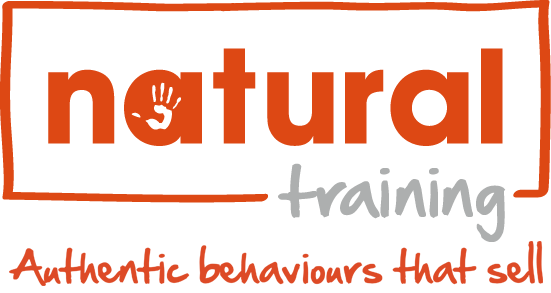Presentation Nerves – It's All About Uncertainty
Imagine you are at a dinner party.
You’ve had a glass of wine, and you get into a friendly argument with your friend Greg.
The argument continues for 10 minutes and you’re both enjoying it.
The host calls you all to the table and you carry on talking to another dinner guest.
How did you feel about this friendly discussion or argument with Greg? Was it enjoyable? Entertaining? Funny?
Probably all of those things.
Were you nervous?
Probably not.
It’s hard to get nervous when you’re having a chat with a friend, isn’t it?
The reason you weren’t nervous when talking to Greg was that you had CERTAINTY about a few things:
1. You were certain about your audience. You knew that he appreciated your viewpoint because he’s a friend.
2. You were certain about the subject matter.
3. You were certain about your own natural style. You knew Greg, and so you weren’t too self-critical about your looks or mannerisms while you were talking.
NERVES RELATE TO CERTAINTY
There’s a definite link between nerves, and certainty.
The more uncertain you are, the more nervous you appear (such as walking down a dark street late at night).
Conversely, the more certain you are, the more confident you appear.
However, while you may feel confident and certain at a dinner party situation, but then mysteriously change when it comes to giving a work presentation.
In other words, when asked to do a more formal presentation you might forget about all or some of the things that make you an interesting, intelligent and confident communicator.
Work presentation nerves can be due to:
1. Audience
You are relatively uncertain about your audience, which makes you more nervous.
2. Subject
You are the expert on what you do, but you put all sorts of extra pressure on yourself to know even more, and to rehearse it all word for word.
3. Style
You move to “presentation mode” and become serious, or “forced”. Or in some way very “un-you”.
Usually the sum of all of these parts = nervous, poor presentation.
REDUCING YOUR NERVES
So, if all this makes sense so far, then the following statement is probably true:
The more certain you can be about your next work presentation, the less nervous you will be.
So how do you maximise certainty?
1. Research the audience. You’ll never know them as well as your best mates, but you’ll be surprised how much you can learn. Ask them questions, Google them, or send them a short email with your agenda on beforehand for their opinion.
2. Select the most relevant points from your subject expertise. You don’t need to tell them everything, just the bits they really need to know!
3. Be yourself. Don’t over-exaggerate hand gestures, or start staring at people. This takes practice, a bit of feedback from people you know and (gulp) maybe some videotape (it’s worth it, trust me).
There is a definite link between certainty and confidence as the dinner party example demonstrates.
By getting more certainty with your next work presentation you will pave the way for communication success.
Got a comment?
Catch us on Social Media and join the discussion!


